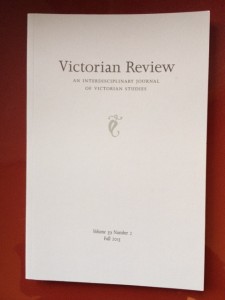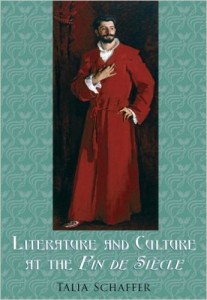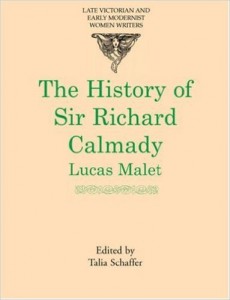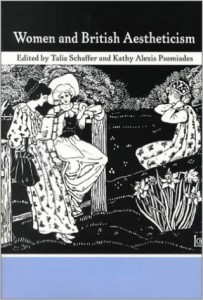1.The Routledge Companion to Victorian Literature (2020), coedited with Dennis Denisoff
This innovative collection offers 45 chapters by cutting-edge scholars designed to help readers master various fields. The Routledge Companion places the genres of the novel, poetry, and drama and issues of gender, social class, and race in conversation with subjects like ecology, colonialism, the Gothic, digital humanities, sexualities, disability, material culture, and animal studies.
2. “Extending Families”: special issue of Victorian Review 39:2 (2013), coedited with Kelly Hager
This special issue offers an extensive review of marriage and family history in the nineteenth century, featuring contributors like Martha Vicinus, Elsie Michie, Ivan Kreilkamp, Karen Chase, Mary Jean Corbett, Holly Furneaux, and Jennifer Phegley. The introduction offers an extensive overview of Victorianist marriage work over the past decade, assessing new directions and outlining ideas for the future.
3. Literature and Culture at the Fin de Siècle (2007) – now moving to COVE
The major teaching collection for the turn of the century, Literature and Culture at the Fin de Siècle brings central primary texts (Kipling, Wilde, Pater, Symons, James, Yeats, Conan Doyle) into dialogue with little-known poetry, prose, and journalism, along with substantive work by women writers that had never previously been available in print. Divided into sections on aestheticism, New Woman, “mind and body” (philanthropy/socialism/occult), and imperialism, it is designed to allow for unusual perspectives across the period’s cultural formations.
4. The History of Sir Richard Calmady (2003)
This scholarly edition of The History of Sir Richard Calmady (1901) presents one of the most fascinating, ambitious, popular, and critically-acclaimed novels of the turn of the century for modern readers. Calmady is the psychological case study of a man born severely disabled, considering himself a monster. The extensive introduction contextualizes this novel via the period’s sexual dynamics and aesthetic styles.
5.Women and British Aestheticism (1999), coedited with Kathy A. Psomiades
This edited collection brought together multiple kinds of work on aesthetic women for the first time, and also has an introduction, still frequently cited today, offering a comprehensive history of aesthetic criticism. Contributors include Linda Hughes, Regenia Gagnier, Margaret Stetz, Diana Maltz, and Dennis Denisoff.






